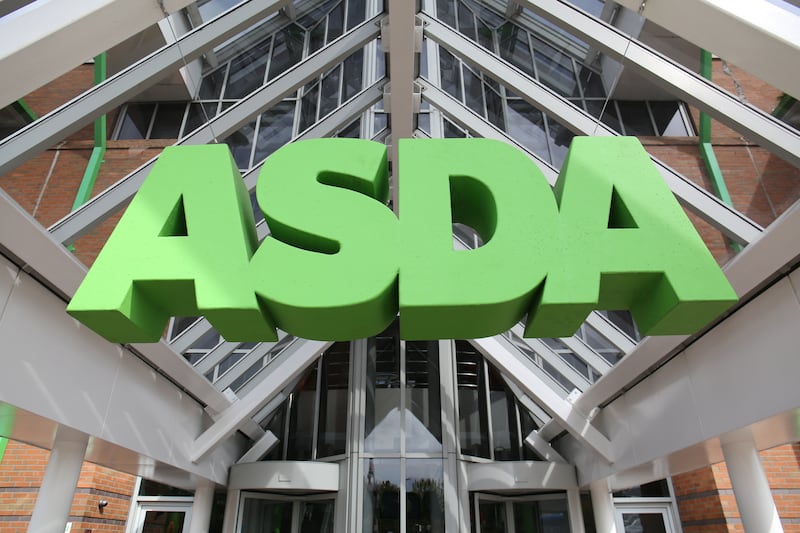THE UK inflation rate remained unchanged last month, defying economist predictions of a rise.
Figures from the Office for National Statistics (ONS) showed the Consumer Prices Index (CPI) measure of inflation was 3 per cent in October, unchanged from a five-year high in September.
Economists had pencilled in a higher rate of 3.1 per cent, which would have forced Bank of England Governor Mark Carney to write a letter to Chancellor Philip Hammond explaining why inflation is so high, but a fall in fuel costs has helped keep the current rate in check.
The Bank, which hiked interest rates to 0.5 per cent earlier this month, expects CPI to peak at around 3.2 per cent in the autumn, adding further pressure to UK households grappling with paltry wage growth and further above the Government inflation target of 2 per cent.
Annual food prices rose to the highest level in four years, up 4.2 per cent last month in contrast to a 3.4 per cent expansion in September. The lion's share of the growth came from vegetables, driven by a rise in the cost of premium potato crisps. On the month, food prices grew by 0.6 per cent, up from a 0.2 per cent fall over the same period last year. Electricity, gas and other fuels also pushed 1.3 per cent higher on a monthly basis, compared to 0.6 per cent growth in October 2016. There was also upwards pressure in the terms of the price of Autumn package holidays.
The main downward pressure on the cost of living came from fuel prices, which fell by 0.4 per cent month-on-month after rising by 2.3 per cent in October 2016.
Petrol prices fell by 0.9 pence a litre to 117.3 pence last month, while diesel rose by 0.4 pence per litre to 120.5 pence.
Ulster University Economic Policy Centre economist Jordan Buchanan said the high inflation rate remained a concern.
“Whilst signs that the trend rise in inflation may be coming to an end are welcome, 3 per cent inflation is still higher than the wage or salary growth many people are experiencing. Real living standards are still being squeezed."
"The Ulster University Economic Policy Centre forecast is that UK consumer price inflation is likely to continue to outstrip wage growth throughout the rest of this decade," he added.
Paul Diggle, senior economist at Aberdeen Standard Investments, has backed inflation to keep rising in the coming months.
"This probably isn't the peak in UK inflation. The impact from last year's currency depreciation, and the latest move upwards in oil prices, still have a few more months to run."
The Retail Prices Index (RPI), a separate measure of inflation, was 4 per cent last month, up from 3.9 per cent in September.
The Consumer Prices Index including owner-occupiers' housing costs (CPIH) - the ONS' preferred measure of inflation - was 2.8% in October, the same rate as the month before.








